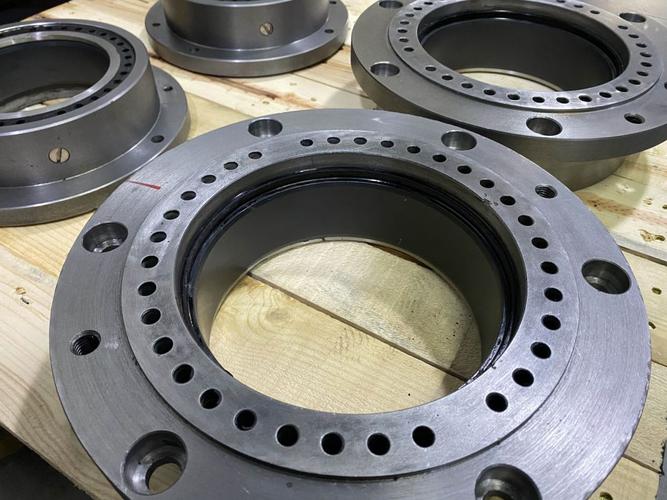Ceramic Bearings Industrial Applications: Benefits
 In global industrial trade, ceramic bearings have become critical components for machinery requiring extreme precision and durability. International buyers face challenges in identifying reliable suppliers, verifying compliance certifications, and calculating long-term operational savings.
In global industrial trade, ceramic bearings have become critical components for machinery requiring extreme precision and durability. International buyers face challenges in identifying reliable suppliers, verifying compliance certifications, and calculating long-term operational savings.
Technical Specifications & International Standards
Industrial ceramic bearings utilize silicon nitride (Si3N4) or zirconia (ZrO2) with:
- ISO 26602:2017 for aerospace-grade ceramics
- ABEC 5/7 precision ratings
- Operating range: -40°C to 800°C
Performance Comparison: Ceramic vs Steel Bearings
| Metric | Ceramic | Steel |
|---|---|---|
| Friction Coefficient | 0.08 | 0.15 |
| Corrosion Resistance | 100% | 75% |
| Service Life | 3-5x longer | Baseline |
Operational Advantages
- Energy Savings: 15-30% reduction in friction losses (McKinsey 2023 data)
- Maintenance Costs: 40% lower vs metallic alternatives
Global Market Insights
The industrial ceramics market will reach $16.7B by 2029 (Statista). Emerging demand from:
- Vietnam's electronics manufacturing ( 24% YoY)
- Brazil's renewable energy sector
Supplier Audit Checklist
- Verify ISO 9001:2015 certification
- Request third-party material test reports
Client Case Study: German Automotive Supplier
Challenge: Frequent bearing failures in EV battery cooling pumps
Solution: Hybrid ceramic bearings with 92% alumina content
Result: 18-month trouble-free operation, $270K annual savings
FAQ Section
Price Negotiation Tactics
Request volume discounts for 500 unit orders
Customization Options
Available for bore sizes 5mm-150mm
Quality Guarantees
12-month performance warranty standard
CTA: Download our Industrial Bearing Specification Toolkit for technical drawings and compliance templates.




 13869596835
13869596835